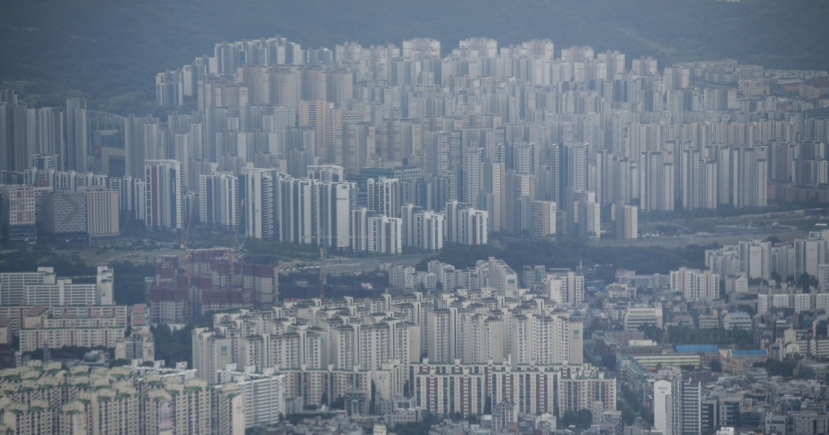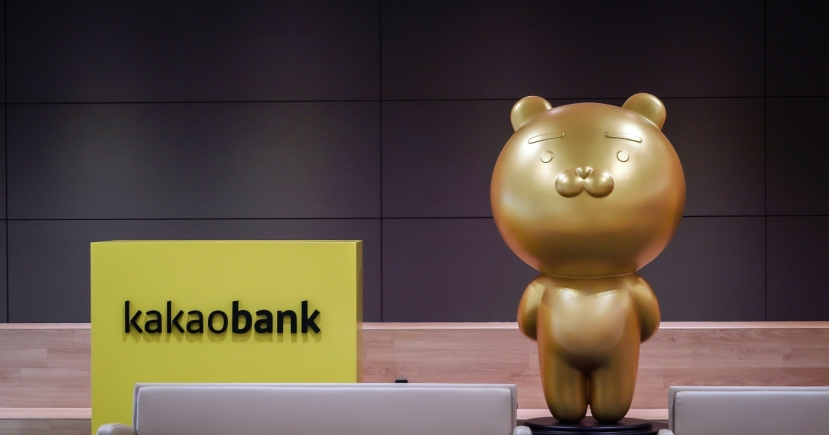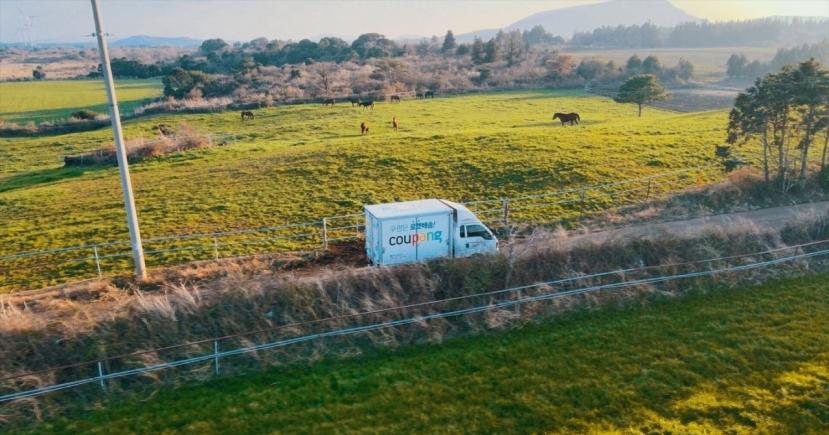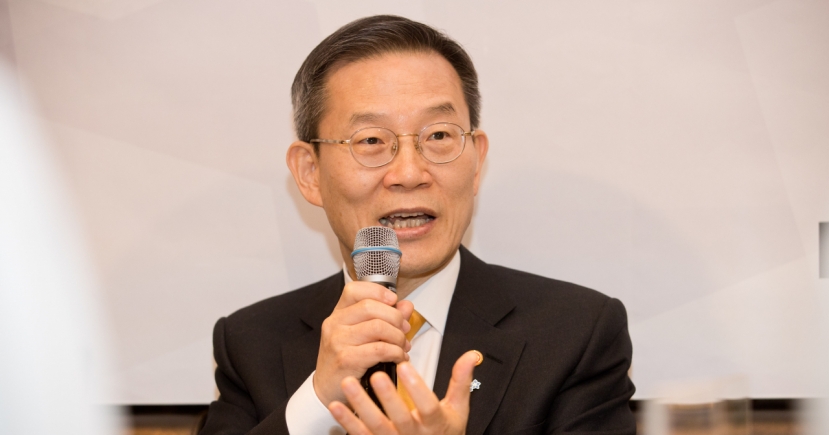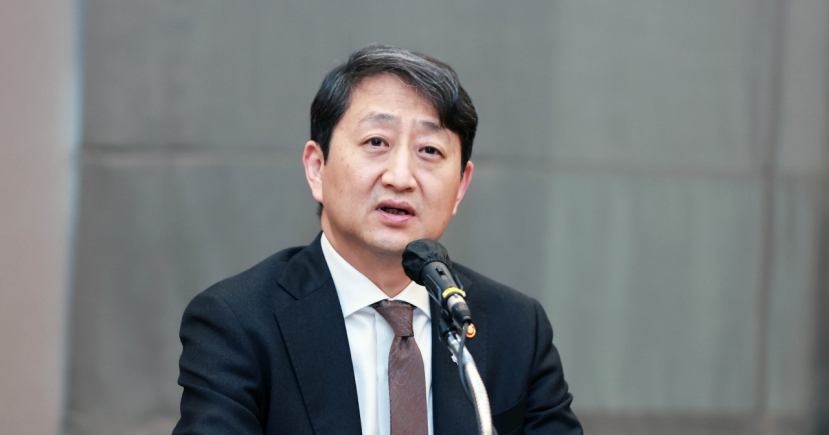Economy
Companies vexed that THAAD issue unresolved
[THE INVESTOR] Korean companies’ high hopes were struck down following President Moon Jae-in’s July 6 meeting with Chinese President Xi Jinping, as the two countries failed to strike an accord to cease China’s unofficial economic retaliation against Korean companies regarding the controversial deployment of the Terminal High Altitude Area Defense anti-missile system.
Korea’s relationship with China has hit its lowest point in years due to political and economic tension building over the installation of THAAD, with China arguing that THAAD, a US defense system, would compromise its security interests. As a result, China has reportedly blacklisted Korean businesses related to automobiles, cosmetics and tourism, as economic backlash against the country. A number of major Korean companies operating business with the country’s largest trading partner raised their voices on July 7 that such retaliatory actions by China contradicts its official stance of supporting the principle of free trade.
 |
Moon and Xi’s meeting during the G-20 Summit in Germany exceeded its originally allotted 40-minute schedule. They spoke for more than an hour, according to news reports.
However, following the meeting, Moon announced that the issues involving THAAD and China’s economic blackballing had not been resolved and that the two leaders would once again re-address the matter in future talks.
During the meeting, Moon reportedly asked Xi to “remove obstacles to the improvement and development of bilateral relations,” referring to China’s economic retaliation against Korea, according to Xinhua News.
However, according to news reports, President Xi once again pushed Moon to remove the THAAD system.
“China-Korea relations have been facing difficulties, and we do not want to see that,” Xi said to Moon, adding that Korea needed to seriously consider “China’s reasonable concerns and appropriately handle the relevant issue.”
Xi was also reported as saying he has no choice but to consider the “interest and concerns” of the Chinese people.
Amid the prospects of continued economic turmoil, China faces criticism for striking against a country’s economy to solve a political matter.
“From my point of view, China is acting very childish,” said an industry source on request of anonymity. “China is taking a political issue and retaliating by striking at Korea’s economy. Politics and business should be separate, but China is lumping them together and I think it’s just wrong.”
Since China’s economic retaliation last year, many Korean businesses have been hit hard. According to market research firm FnGuide, second-quarter operating profits for automakers Hyundai and Kia and cosmetics maker Amorepacific are expected to plunge due to woes in the Chinese market.
Hyundai’s second-quarter profits are expected to fall 10.27 percent, while operating profits for Kia and Amorepacific are expected to drop 13.16 and 11.28 percent, respectively.
This week, Hyundai announced the company’s sales fell 16 percent last month compared to last year. From January to May this year, the country’s largest automaker saw its sales plummet by 37 percent.
Meanwhile, Amorepacific announced in April that its first-quarter net profit this year dropped 15 percent compared to last year, citing losses due to the slump in the number of Chinese tourists.
According to Samsung Securities earlier this year, the number of Chinese travelers to Korea is also expected to drop 20 percent on-year in the second quarter and 7 percent overall this year. The company added, however, there is still the possibility of the number of Chinese tourists rising upward of 70 percent in the near future.
“This kind of economic retaliation behavior due to a political disagreement is not done as an international political practice among countries,” said an industry official. “Take Korea and Japan, for example. We have very deep political issues regarding the territory of Dokdo Island, however, as a country we are not attacking Japan’s economic welfare because of this, as it is a matter of politics, not business.”
“During President Moon Jae-in’s recent talks with President Xi, he (Moon) asked that China stop the THAAD retaliation, but nothing fruitful came from the meeting,” the source added. “However, it is not our government’s fault. China’s refusal to cooperate is hurting local businesses and so far there still hasn’t been any practical solutions drawn up to solve this serious problem.”
By Julie Jackson (juliejackson@heraldcorp.com)


